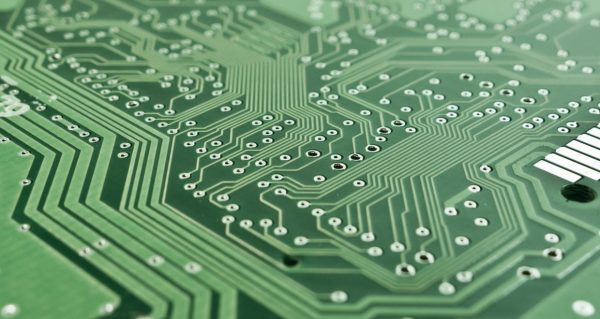Technology and Development
4 discoveries you never knew were grounded in control engineering
Technology and Development
4 discoveries you never knew were grounded in control engineering
Unveiling Surprising Applications: 4 Discoveries Rooted in Control Engineering Theory
Duc Nguyen(Opens in a new window) is a tutor for ‘Control Engineering’, an 8-week online course from the University of Cambridge. He is also a Research Associate at the University of Bristol and winner of the 2022 Royal Aeronautical Society Young Persons’ Achievement Award.
“When we think of control engineering we immediately think of aircraft control, self-driving cars, or automated manufacturing. However, there are other exciting, emerging fields that also rely heavily on control engineering; some that may surprise you!
It is a field that encompasses a vast variety of research and experimentation. From healthcare to smart technology, here are 4 discoveries you never knew were founded in control engineering theory.
Revolutionising Industries: The Role of Control Engineering in Cooperative Robots
These robotic arms work alongside the human operators as smart assistants. Through the use of state-of-the-art sensors and smart algorithms, these robots enable a surgeon to perform small and precise incisions while avoiding major blood vessels and organs. They can also allow a factory worker to move and inspect heavy components(Opens in a new window) around with ease.
Control engineers are employed on these projects to design the cooperative algorithms and translate them into mechanical movements in the machines.
Optimising Renewable Energy: The Intricate Role of Control Engineering in Wind Farms
To maximise power generated, future wind farm designs are based not only on the local weather patterns, but also the interactions between the wind turbines themselves. Although simulating the fluid dynamics interaction between turbines is an aerodynamic problem, the process to design an efficient wind farm and coordinate their operation in real-time is a challenge for the control engineers.
Efficiency at Its Core: How Control Engineering Drives Smart Building Technology
Through the use of automatic control and real-time data, reserve energy is purchased during cheaper hours in anticipation for increased use during busy times (when the energy price is higher).
This provides economic savings, reduces carbon emissions, while increasing comfort for the occupants. Due to the consistent rise in the price of energy, this is a growing field. Control engineers are increasingly needed for these projects to lead the design and testing of these smart buildings.
Automating Anaesthesia: The Confluence of Control Engineering and Patient Safety in Surgery
Patients can suffer from various complications if the incorrect dose is used. To address this issue, researchers are working toward automating the process using control engineering.
This involves combining real-time sensor data and accurate modelling of the patient’s response to different levels of anaesthesia. Further research is being done to combine the control algorithm with machine learning to accommodate different patients.
Research projects are now interdisciplinary. Therefore, project leaders and managers must have a baseline understanding of the individual topics.
A control engineering course with Cambridge Advance Online(Opens in a new window) will introduce you to all the basic concepts and some more advanced elements of the field. It will have multiple benefits but critically could lead to a role or advancement within the control engineering field. It could also aid the management of a team that includes control engineers in a large project”.
Ready to start your control engineering journey? Find out more about the course and how it might be useful in your professional context here: https://bit.ly/3qTeq7V(Opens in a new window)



